Raghuram Rajan was the keynote speaker on Monday at the 'T20 meeting: Turkey, India and the G20' event, organised by Indian think tank Gateway House and The Economic Policy Research Foundation of Turkey (TEPAV).
Calling for new regulations for multilateral institutions to rooting for sustainable growth rather than fast growth, the RBI Governor spoke about numerous things at an event in Mumbai. Raghuram Rajan was the keynote speaker at 'T20 meeting: Turkey, India and the G20' event organised by Indian think tank Gateway House and The Economic Policy Research Foundation of Turkey (TEPAV).
Here are some things that Rajan said in his keynote speech
1. Need new rules for the game: Rajan said there was a need for new regulations for multilateral organisations to ensure global growth. He said that currently central banks "do not have a mandate for the world". He added that extreme monetary policies and exchange rate interventions are usually engaged to boost growth, however, the IMF, as a part of its role, needs to keep an eye on the effect of these "extreme" policies rather than only looking at the positives.
He also called for more coordination between leading central banks, stressing on the need for optimal use of monetary policies. Rajan said there was a need for political consensus to get a mandate for the world as monetary policies around the world affect eachother.
2. High debt has limited recovery since 2008 crisis: The RBI Governor said that industrial growth has been low around the world, and has failed to recover in the typical 'V' shaped pattern due to high debt amassed by corporates and now, by governments around the world. He said that the sub-prime crisis, the European crisis and now the emerging market crisis, are all the same. "We have a global game of musical crisis," he said explaining the spread of economic crises around the world through the policies of the 1990s.
3. Create jobs: "If we look around in the country, one of the biggest sources of worry that business people have is they don't find the people for the kind of jobs that they have. We need to improve the quality of our human capital," Rajan said.
He said that around the world, middle class jobs are lost to technology or to other countries. Rajan said it is imperative to ensure middle class jobs are retained to maintain structural stability.
4. Infrastructure-led growth
Rajan said that there is constant stress on investing in infrastructure as it gives high returns. However, "finding worthwhile infrastructure projects that will really move the needle is difficult", Rajan said. "Large infrastructure projects are harder to find, coordinate, and implement," he said.
Rajan said that emerging markets working on expanding infrastructure need support. However, he said that leaning on private investment wasn't the best idea. There have been more and more calls for private companies to fund infrastructure development, while multilateral institutions only advice. He said, "private capital may not be patient enough;" while multilateral institutions can provide both, patient capital and advice.
5. Structural reforms:
Rajan stressed on the need for structural reforms around the world to kick start growth. He said there was a need to boost demand by moving money to the poor as they spend nearly all the money they get on essentials, thereby keeping the demand going, while "you don't have much to spend on when you're really rich," restraining demand.
He said that everyone is "waiting for someone to step up and grow, and pull the rest of the world". He said, it was first the Us, and later China that were looked upon as growth engines. He said there is a need to however keep an eye out for unconventional and extreme monetary policies
6. Boost supply side too, not just demand
We have to create underlying supply conditions that would allow us to sort of have much higher demand. In some sense I see 9% growth as a situation where we are investing tremendous amount and thus creating the supply which will then help the demand.
"So what we need to do is not just boost demand, but we need to boost supply also, which means lot of work on a number of fronts which the government is currently engaged".
He added: "It is a steady process rather than an overnight process. It will take some time. I don't think that we will go overnight. That (the 9 per cent) is certainly an aspiration we should have, but we need to eliminate the supply constraints, including our human capital."
7. Sustainable growth rather than fast growth
Instead of going for a fast growth rate, Rajan called for the need to grow slowly but sustainably. He said, "it is very difficult for governments to accept slow growth. They cannot delivery on promises made during high growth (period). He said, growth shouldn't be for the sake of growth but for the distribution of growth.
(with agency inputs)
![submenu-img]() Verantes Living Awarded as India’s No.1 Stainless Steel Modular Kitchen Brand
Verantes Living Awarded as India’s No.1 Stainless Steel Modular Kitchen Brand![submenu-img]() Narayana Murthy’s Infosys set to invest Rs 170000000 in this startup
Narayana Murthy’s Infosys set to invest Rs 170000000 in this startup![submenu-img]() 'Towards reducing pollution..': Delhi govt approves replacement, induction of electric vehicles in 'Gramin Sewa'
'Towards reducing pollution..': Delhi govt approves replacement, induction of electric vehicles in 'Gramin Sewa'![submenu-img]() Discover Stainless France, the Leading Supplier of Cobalt Chrome
Discover Stainless France, the Leading Supplier of Cobalt Chrome![submenu-img]() Kritika Kamra says men should take responsibility for fighting sexism: 'There's a thin line between...'
Kritika Kamra says men should take responsibility for fighting sexism: 'There's a thin line between...'![submenu-img]() Israel Hezbollah War: हिजबुल्लाह चीफ दे रहा था टीवी पर धमकी, तभी इजरायली विमानों ने कर दी लेबनान में एयर स्ट्राइक
Israel Hezbollah War: हिजबुल्लाह चीफ दे रहा था टीवी पर धमकी, तभी इजरायली विमानों ने कर दी लेबनान में एयर स्ट्राइक![submenu-img]() तिरुपति मंदिर के प्रसाद में मिलाई जानवर की चर्बी? सीएम चंद्रबाबू नायडू के दावे पर मचा बवाल, जानिए क्या कहती है लैब रिपोर्ट
तिरुपति मंदिर के प्रसाद में मिलाई जानवर की चर्बी? सीएम चंद्रबाबू नायडू के दावे पर मचा बवाल, जानिए क्या कहती है लैब रिपोर्ट![submenu-img]() New Corona Variant: तेजी से फैल रहा कोरोना का नया XEC वेरिएंट, 27 देशों में मिले मरीज, क्या फिर दिखेगा 2020 जैसा खौफनाक नजारा?
New Corona Variant: तेजी से फैल रहा कोरोना का नया XEC वेरिएंट, 27 देशों में मिले मरीज, क्या फिर दिखेगा 2020 जैसा खौफनाक नजारा?![submenu-img]() भारत के इस गांव में है दो पत्नियों की प्रथा, परंपरा के पीछे की वजह जान चौंक जाएंगे आप
भारत के इस गांव में है दो पत्नियों की प्रथा, परंपरा के पीछे की वजह जान चौंक जाएंगे आप![submenu-img]() भारत की सबसे घाटे वाली ट्रेन, Indian Railway को लगा चुकी 628800000 रुपये का फटका, कारण कर देगा हैरान
भारत की सबसे घाटे वाली ट्रेन, Indian Railway को लगा चुकी 628800000 रुपये का फटका, कारण कर देगा हैरान![submenu-img]() Ford to return to India after 2 years with reopening of....
Ford to return to India after 2 years with reopening of....![submenu-img]() Maruti Suzuki launches new Swift CNG, check price, mileage, other features
Maruti Suzuki launches new Swift CNG, check price, mileage, other features![submenu-img]() ‘30 LPA, 3BHK, no in-laws’: Woman earning Rs 1.32 lakh salary lists demands for future husband, netizens say...
‘30 LPA, 3BHK, no in-laws’: Woman earning Rs 1.32 lakh salary lists demands for future husband, netizens say...![submenu-img]() In a big EV push, Centre launches Rs 10900 crore PM E-Drive scheme to replace…
In a big EV push, Centre launches Rs 10900 crore PM E-Drive scheme to replace…![submenu-img]() World’s longest car has helipad, swimming pool, mini-golf course, can seat over…; it cost…
World’s longest car has helipad, swimming pool, mini-golf course, can seat over…; it cost…![submenu-img]() Meet IPS officer who has resigned after serving for 18 yrs due to...
Meet IPS officer who has resigned after serving for 18 yrs due to...![submenu-img]() Meet Indian man, who got hired whopping Rs 12000000 crore salary job, not from IIT, IIM he is...
Meet Indian man, who got hired whopping Rs 12000000 crore salary job, not from IIT, IIM he is...![submenu-img]() Meet woman who left medical career for UPSC exam , became IPS with AIR 165 then left job due to...
Meet woman who left medical career for UPSC exam , became IPS with AIR 165 then left job due to...![submenu-img]() Meet man, who left NDA due to depression, then cracked UPSC exam to become IAS officer, his AIR was...
Meet man, who left NDA due to depression, then cracked UPSC exam to become IAS officer, his AIR was...![submenu-img]() Meet youngest CEO of India, who created first app at 9, began his own company at 13, now he is…
Meet youngest CEO of India, who created first app at 9, began his own company at 13, now he is…![submenu-img]() Congress President Kharge Slams & Opposes 'One Nation, One Election' Proposal, Calls It Impractical
Congress President Kharge Slams & Opposes 'One Nation, One Election' Proposal, Calls It Impractical![submenu-img]() Why 'One Nation One Election' Is important? Ashwini Vaishnaw Explains After It Gets Cabinet Approval
Why 'One Nation One Election' Is important? Ashwini Vaishnaw Explains After It Gets Cabinet Approval![submenu-img]() Jammu Kashmir Assembly Election 2024 Phase 1 Highlights: What Happened In First phase In J&K Polls?
Jammu Kashmir Assembly Election 2024 Phase 1 Highlights: What Happened In First phase In J&K Polls?![submenu-img]() One Nation One Election: Centre Clears Proposal, Bill To Be Introduced In Winter Session | Modi 3.0
One Nation One Election: Centre Clears Proposal, Bill To Be Introduced In Winter Session | Modi 3.0![submenu-img]() Haryana Elections 2024: Is BJP Set To Lose In Haryana? Anti-Incumbency And Other Factors Analysed
Haryana Elections 2024: Is BJP Set To Lose In Haryana? Anti-Incumbency And Other Factors Analysed![submenu-img]() Verantes Living Awarded as India’s No.1 Stainless Steel Modular Kitchen Brand
Verantes Living Awarded as India’s No.1 Stainless Steel Modular Kitchen Brand![submenu-img]() Narayana Murthy’s Infosys set to invest Rs 170000000 in this startup
Narayana Murthy’s Infosys set to invest Rs 170000000 in this startup![submenu-img]() Discover Stainless France, the Leading Supplier of Cobalt Chrome
Discover Stainless France, the Leading Supplier of Cobalt Chrome![submenu-img]() ITR filing: Haven’t received your income tax refund yet? Here’s what you should do
ITR filing: Haven’t received your income tax refund yet? Here’s what you should do![submenu-img]() Meet ‘delivery boy’ who beats Mukesh Ambani in world’s billionaire list, his net worth is…
Meet ‘delivery boy’ who beats Mukesh Ambani in world’s billionaire list, his net worth is…![submenu-img]() In pics: Saiyami Kher conquers Ironman triathlon in Germany, swims, cycles, runs to complete endurance races
In pics: Saiyami Kher conquers Ironman triathlon in Germany, swims, cycles, runs to complete endurance races![submenu-img]() Meet IAS officer, who cracked in UPSC exam along with full-time job, her AIR was...
Meet IAS officer, who cracked in UPSC exam along with full-time job, her AIR was...![submenu-img]() In pics | India vs Bangladesh 1st Test, Day 1
In pics | India vs Bangladesh 1st Test, Day 1![submenu-img]() From Mechuka to Hayuliang village: Explore lesser-known destinations of Arunachal Pradesh
From Mechuka to Hayuliang village: Explore lesser-known destinations of Arunachal Pradesh![submenu-img]() From Simlipal National Park to Mahendragiri: Top 6 hidden gems to discover in Odisha
From Simlipal National Park to Mahendragiri: Top 6 hidden gems to discover in Odisha![submenu-img]() 'Towards reducing pollution..': Delhi govt approves replacement, induction of electric vehicles in 'Gramin Sewa'
'Towards reducing pollution..': Delhi govt approves replacement, induction of electric vehicles in 'Gramin Sewa'![submenu-img]() More trouble for ex-RG Kar principal Sandip Ghosh, Bengal medical body now...
More trouble for ex-RG Kar principal Sandip Ghosh, Bengal medical body now...![submenu-img]() Tirupati Laddu row: Lab report confirms prasada contains beef fat, fish oil
Tirupati Laddu row: Lab report confirms prasada contains beef fat, fish oil![submenu-img]() Delhi: Water supply to be shut down in capital for 12 hours tomorrow due to…; check list of affected areas
Delhi: Water supply to be shut down in capital for 12 hours tomorrow due to…; check list of affected areas![submenu-img]() FATF says India faces severe 'terrorist financing threats' from...
FATF says India faces severe 'terrorist financing threats' from...


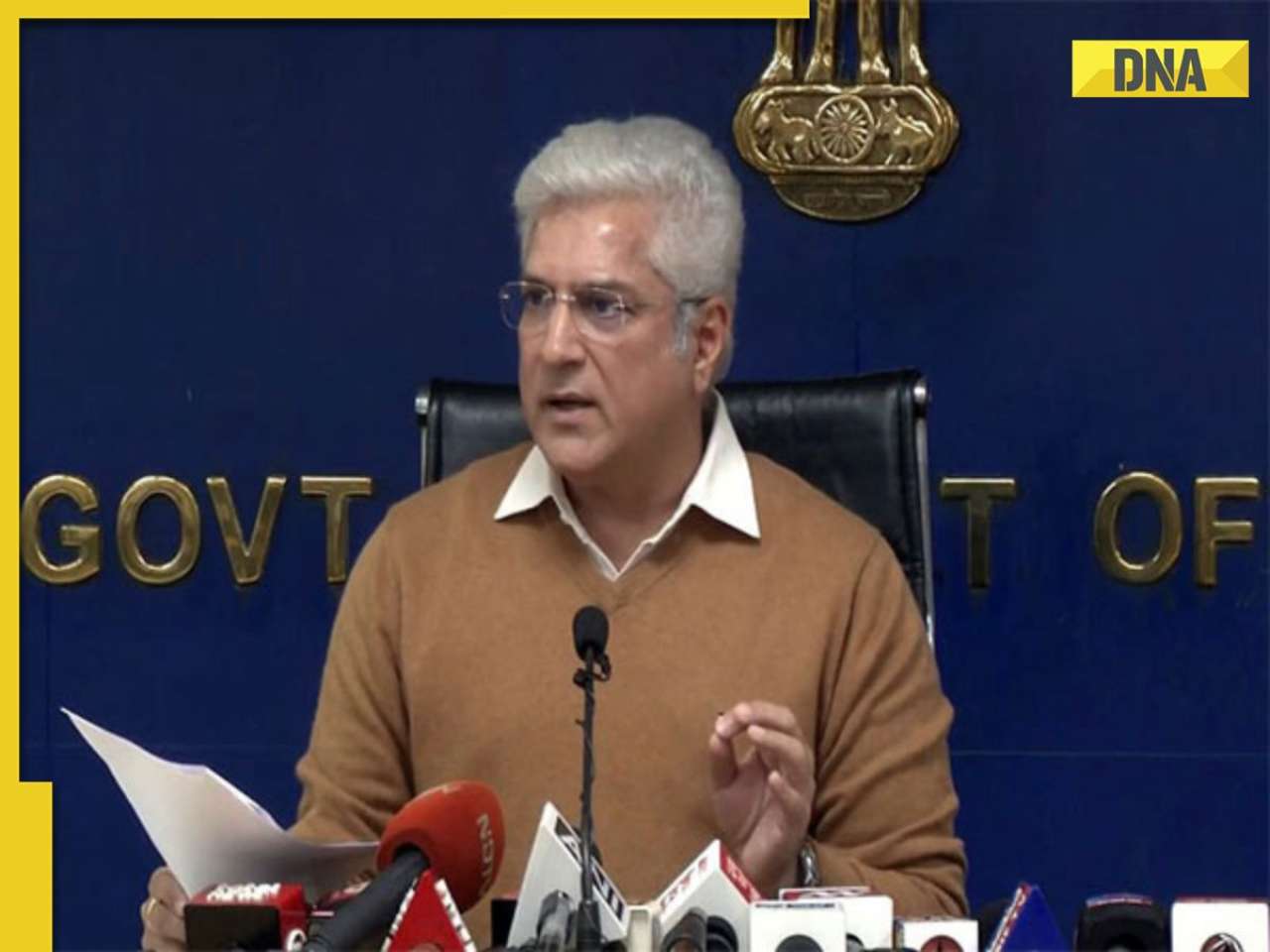






















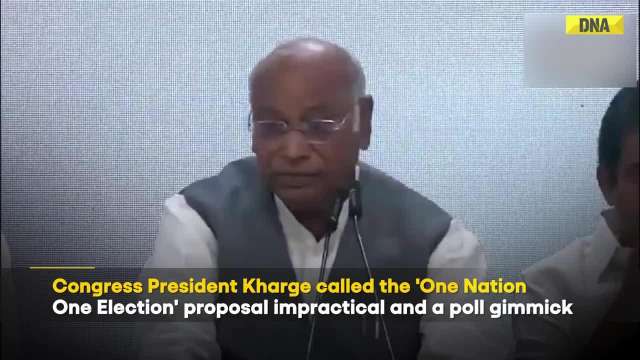
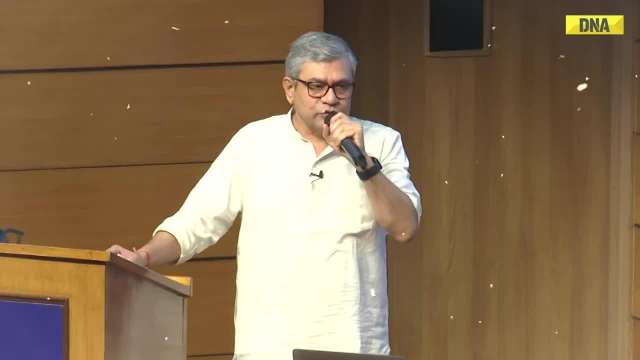




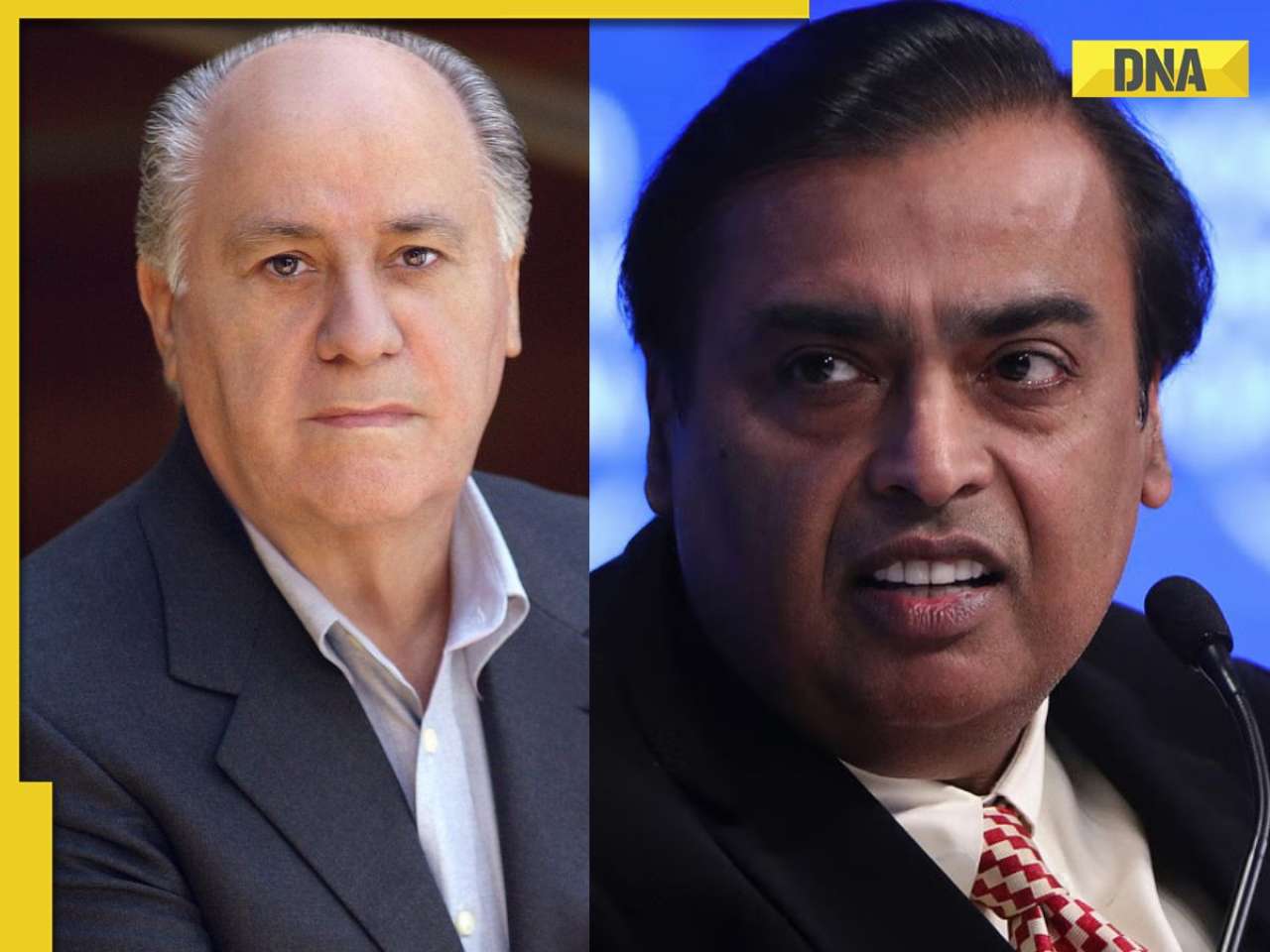





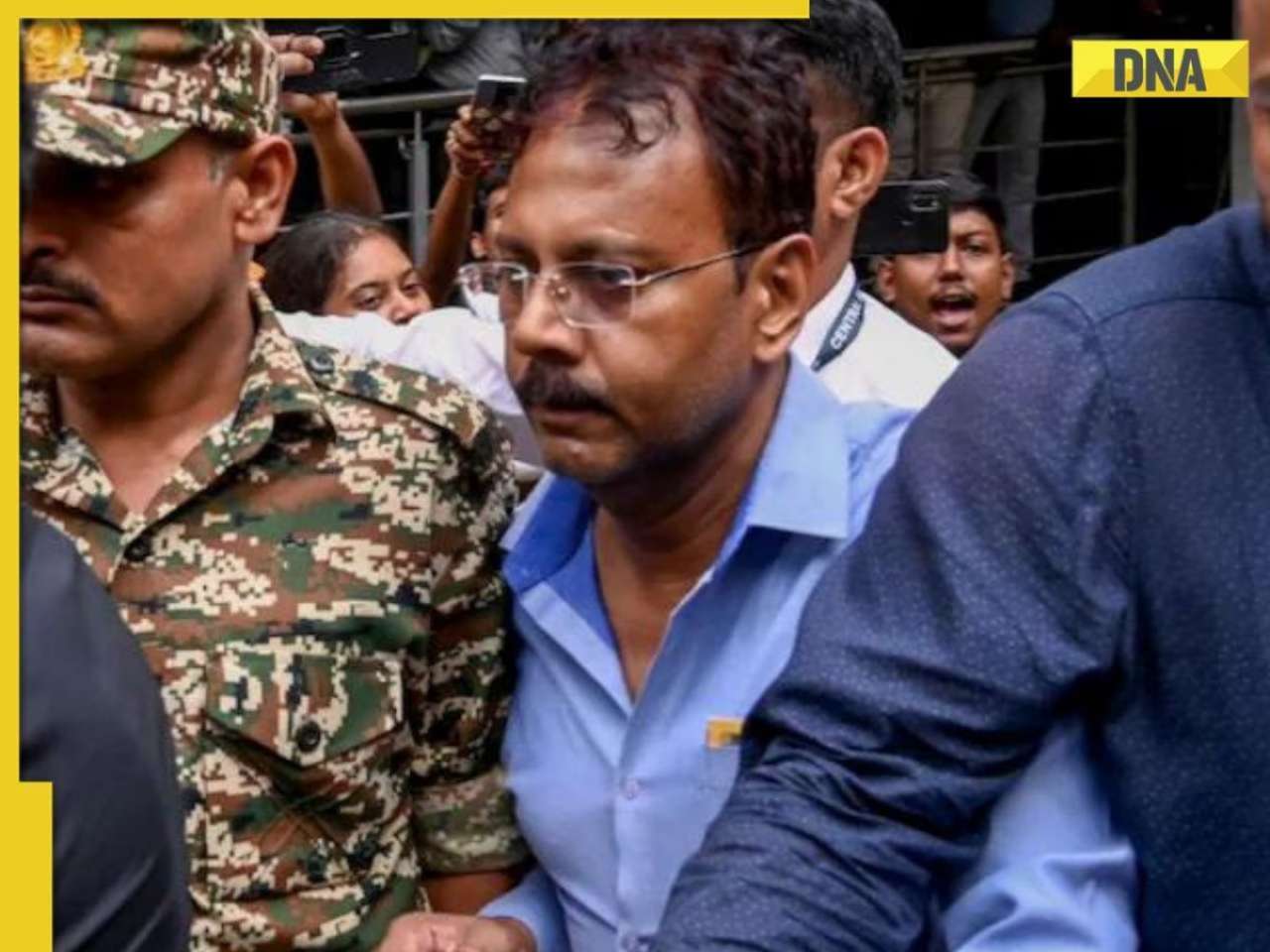




)
)
)
)
)
)
)
)
)
)
)
)
)
)
)





)
)
)
)
)
)